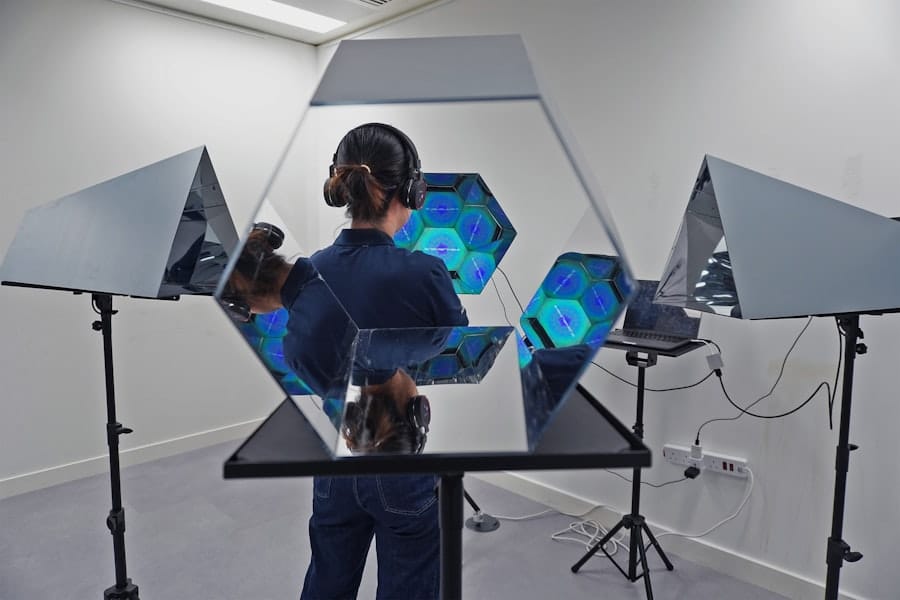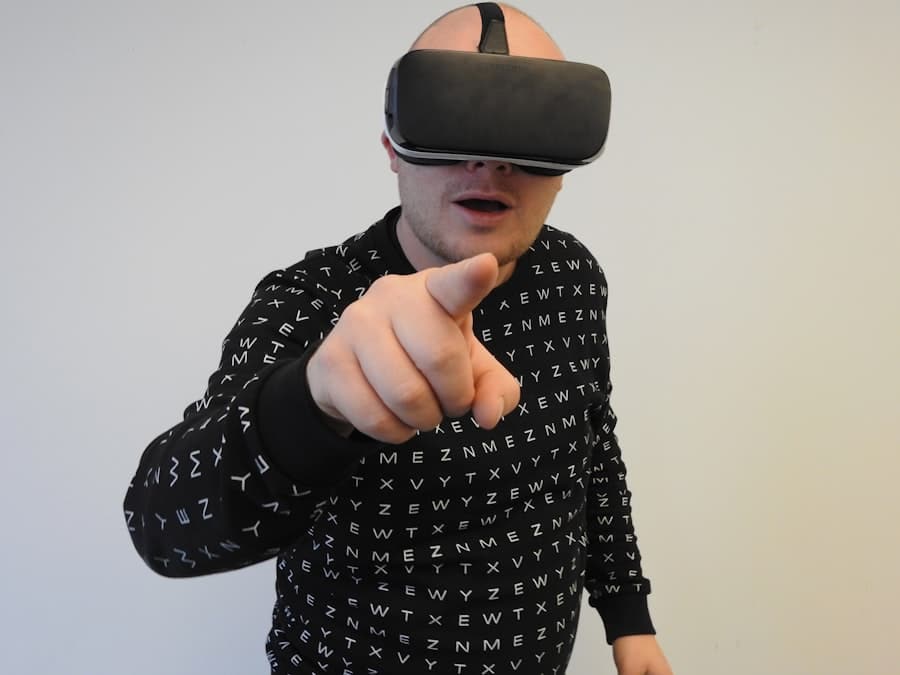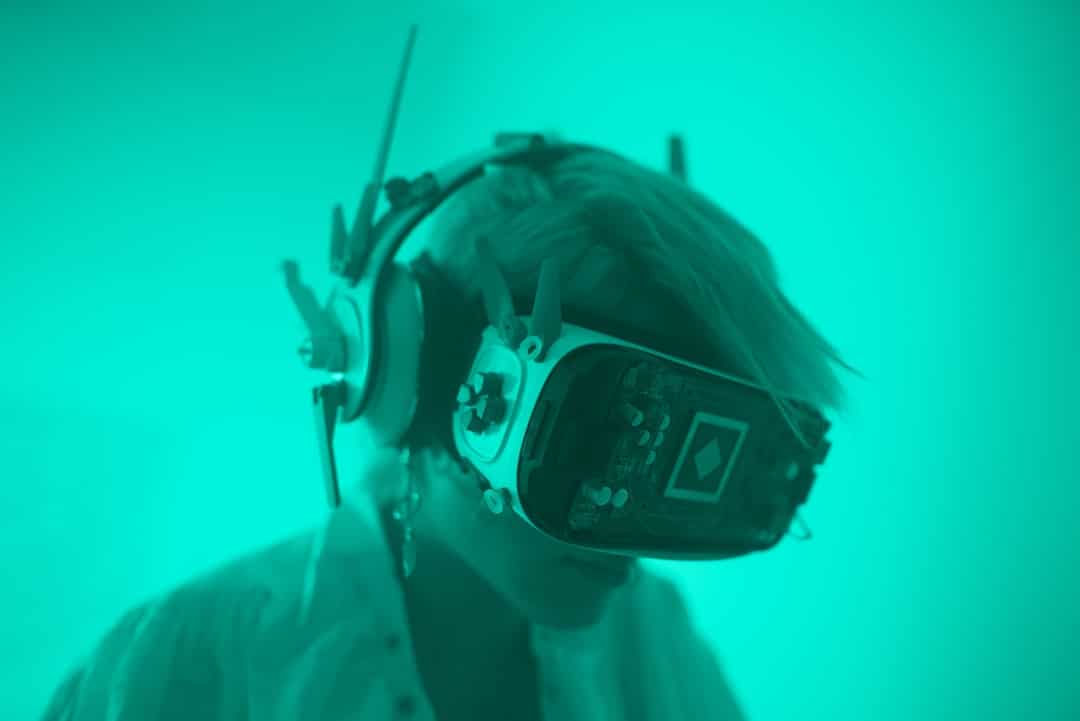The advent of the internet has revolutionized numerous sectors, and education is no exception. Online testing environments have emerged as a significant component of this transformation, particularly accelerated by the global pandemic that necessitated remote learning. Educational institutions, from primary schools to universities, have increasingly adopted online assessments as a means to evaluate student performance.
This shift has not only made testing more accessible but has also allowed for a broader range of assessment types, including multimedia and interactive formats that traditional paper-based tests could not accommodate. The rise of online testing environments can be attributed to several factors, including technological advancements, the need for flexibility in assessment, and the growing acceptance of digital literacy as a critical skill. With the proliferation of devices such as laptops, tablets, and smartphones, students can now take tests from virtually anywhere, breaking down geographical barriers that once limited access to quality education.
Furthermore, online testing platforms often provide immediate feedback, enabling students to understand their strengths and weaknesses in real-time. This immediacy can enhance the learning experience, allowing for timely interventions and support.
Key Takeaways
- Online testing environments have seen a significant rise in popularity due to their convenience and accessibility.
- Proctored online testing faces challenges such as ensuring the security and integrity of the testing process.
- Advancements in secure online testing technology, such as biometric authentication and browser lockdown, are helping to address the challenges of proctored online testing.
- Academic integrity in online testing can be ensured through measures such as plagiarism detection software and remote proctoring services.
- Artificial intelligence plays a crucial role in proctored online testing by monitoring and detecting suspicious behavior during the testing process.
Challenges of Proctored Online Testing
Despite the advantages of online testing environments, proctored online assessments present a unique set of challenges that educators and institutions must navigate. One of the most pressing issues is ensuring the integrity of the examination process. In traditional settings, proctors can monitor students physically, but in an online environment, maintaining vigilance becomes significantly more complex.
Students may be tempted to use unauthorized resources or collaborate with peers during assessments, undermining the validity of the results. Another challenge lies in the technological infrastructure required for effective proctoring. Institutions must invest in reliable software solutions that can monitor student behavior through webcams and screen sharing.
However, not all students have access to high-quality internet connections or devices capable of supporting these technologies. This digital divide can create inequities in assessment conditions, leading to concerns about fairness and accessibility. Additionally, technical issues such as software glitches or connectivity problems can disrupt the testing experience, causing anxiety for both students and educators.
Advancements in Secure Online Testing Technology

In response to the challenges associated with proctored online testing, significant advancements in secure online testing technology have emerged. These innovations aim to enhance the integrity and reliability of assessments while providing a seamless experience for students. One notable development is the use of advanced biometric authentication methods, such as facial recognition and fingerprint scanning.
These technologies help verify a student’s identity before they begin an exam, reducing the likelihood of impersonation. Moreover, artificial intelligence (AI) has played a pivotal role in enhancing online proctoring systems. AI algorithms can analyze student behavior during assessments, flagging suspicious activities such as unusual eye movements or patterns of response that deviate from the norm.
This capability allows for real-time monitoring and intervention when necessary. Additionally, machine learning models can continuously improve their accuracy by learning from past data, making them increasingly effective at identifying potential cheating behaviors.
Ensuring Academic Integrity in Online Testing
Ensuring academic integrity in online testing is paramount for maintaining the credibility of educational institutions and the value of their qualifications. To achieve this, a multifaceted approach is required that combines technology with clear policies and student education. Institutions must establish comprehensive guidelines outlining acceptable behaviors during online assessments and communicate these expectations effectively to students.
This transparency helps foster a culture of integrity and accountability. Furthermore, institutions can implement randomized question pools and adaptive testing methodologies to minimize opportunities for cheating. By varying questions for each student or adjusting difficulty levels based on performance, educators can create a more challenging and individualized assessment experience.
Additionally, incorporating open-ended questions or project-based assessments can further reduce reliance on traditional testing formats that are more susceptible to dishonesty.
The Role of Artificial Intelligence in Proctored Online Testing
Artificial intelligence has become an integral component of proctored online testing environments, offering innovative solutions to longstanding challenges in academic assessments. AI-driven proctoring systems utilize sophisticated algorithms to monitor student behavior during exams, analyzing video feeds for signs of cheating or unauthorized assistance. These systems can detect anomalies such as excessive head movement or off-screen distractions, alerting proctors to potential violations in real-time.
For instance, after completing an assessment, AI systems can analyze performance data to identify areas where a student may need additional support or resources. This targeted approach not only helps students improve their understanding of the material but also fosters a more engaging learning environment that encourages continuous growth.
Future Innovations in Proctored Online Testing

As technology continues to evolve, the future of proctored online testing is poised for further innovation. One potential advancement is the integration of virtual reality (VR) and augmented reality (AR) into assessment environments. These immersive technologies could create realistic testing scenarios that simulate real-world applications of knowledge and skills, providing a more comprehensive evaluation of student capabilities.
Additionally, blockchain technology may play a role in enhancing the security and transparency of online assessments. By creating immutable records of test results and student identities, blockchain could help prevent fraud and ensure that credentials are verifiable by employers and educational institutions alike. This level of security could bolster confidence in online qualifications and encourage more institutions to adopt digital assessment methods.
The Impact of Secure Online Testing on Education
The implementation of secure online testing has far-reaching implications for education as a whole. By providing flexible assessment options that cater to diverse learning styles and needs, institutions can create more inclusive environments that promote equity among students. This flexibility is particularly beneficial for non-traditional learners who may face barriers to attending in-person exams due to work or family commitments.
Moreover, secure online testing can facilitate global collaboration among educational institutions. With standardized assessments that can be administered remotely, universities can partner with international organizations to offer joint programs and certifications. This collaboration not only enhances the educational experience but also prepares students for a global workforce where digital skills are increasingly essential.
Best Practices for Implementing Proctored Online Testing
To successfully implement proctored online testing, educational institutions should adhere to several best practices that promote fairness and integrity while ensuring a positive experience for students. First and foremost, institutions must invest in robust training for both faculty and students on the use of online testing platforms and proctoring technologies. This training should cover technical aspects as well as ethical considerations related to academic integrity.
Additionally, institutions should prioritize transparency by clearly communicating policies regarding online assessments and the consequences of academic dishonesty. Providing students with resources on study techniques and test-taking strategies can also empower them to perform their best without resorting to dishonest practices. Finally, continuous evaluation and feedback on the effectiveness of online testing methods will allow institutions to adapt and improve their approaches over time, ensuring that they meet the evolving needs of students and educators alike.
In conclusion, while proctored online testing presents challenges, it also offers significant opportunities for innovation in education. By leveraging technology responsibly and fostering a culture of integrity, educational institutions can navigate this new landscape effectively and enhance the learning experience for all students.
If you are interested in exploring the world of online testing environments, you may also want to check out this article on the best software for logo design today. This article provides valuable insights into the tools and software available for creating stunning logos. It’s always important to stay updated on the latest trends and technologies, whether you are in the field of online testing or graphic design.
FAQs
What is a secure, proctored online testing environment?
A secure, proctored online testing environment is a digital platform that allows for the administration of exams in a controlled and monitored setting. This environment ensures that test-takers are not able to cheat or access unauthorized resources during the exam.
How does a secure, proctored online testing environment work?
Secure, proctored online testing environments typically use a combination of technology and human proctors to monitor test-takers during the exam. This may include features such as identity verification, browser lockdown, video monitoring, and AI-powered behavior analysis to detect any suspicious activity.
What are the benefits of using a secure, proctored online testing environment?
Using a secure, proctored online testing environment allows for the administration of exams in a convenient and flexible manner, while maintaining the integrity and security of the testing process. It also helps to prevent cheating and ensures that the results accurately reflect the test-taker’s knowledge and abilities.
What are the challenges of implementing a secure, proctored online testing environment?
Challenges in implementing a secure, proctored online testing environment may include the need for reliable internet connectivity, ensuring compatibility with various devices and operating systems, and addressing concerns about privacy and data security.
What technologies are used in secure, proctored online testing environments?
Secure, proctored online testing environments may utilize technologies such as biometric authentication, AI-powered proctoring, browser lockdown, and secure exam delivery platforms to ensure the integrity and security of the testing process.

